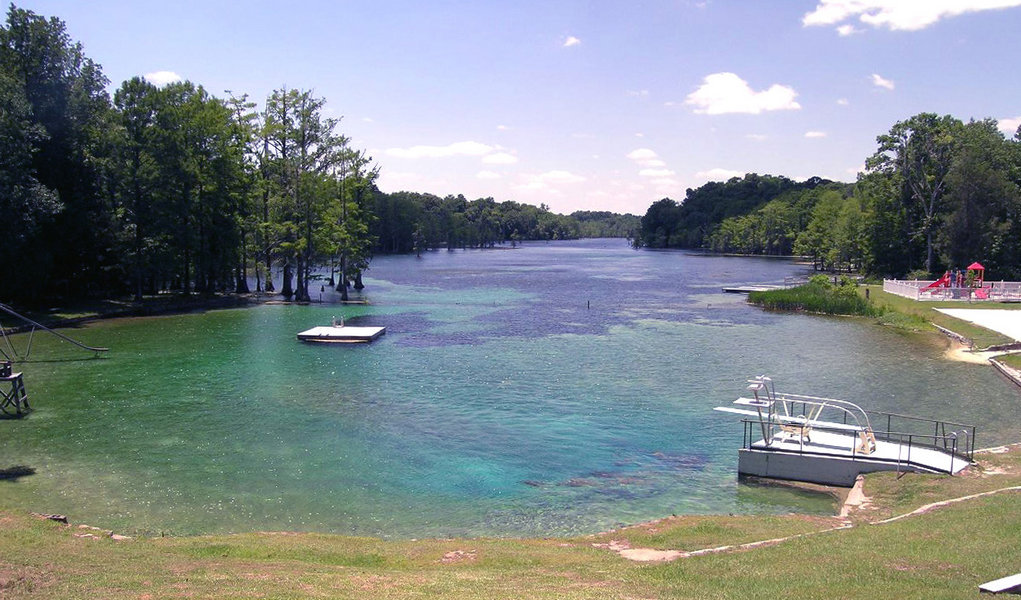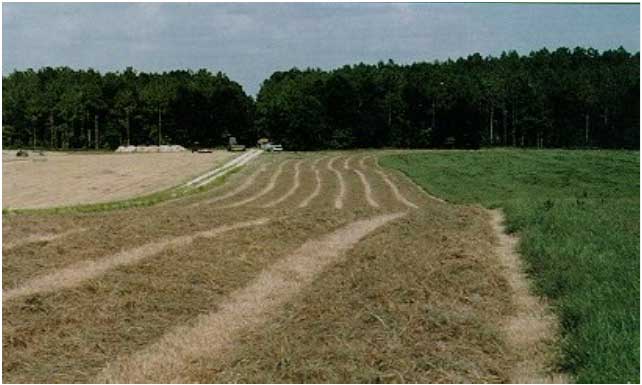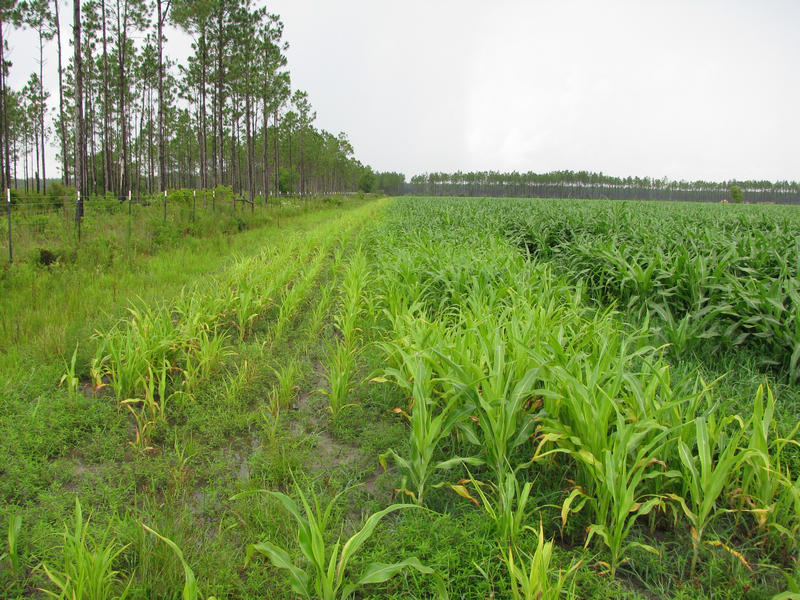About Biosolids
When domestic wastewater is treated, a solid byproduct accumulates in the wastewater treatment plant and must be removed periodically to keep the plant operating properly. The collected material, called biosolids or more commonly “sewage sludge,” is high in organic content and contains moderate amounts of nutrients that are needed by plants. These characteristics make biosolids valuable as a soil conditioner and fertilizer.
Properly treated biosolids may be used as a fertilizer supplement or soil amendment, subject to regulatory requirements that have been established to protect public health and the environment. These requirements (found in Chapter 62-640, F.A.C.) include pollutant limits, treatment to destroy harmful microorganisms, and management practices for land application sites. Biosolids may be used by application to land in farming and ranching operations, forest lands, and public areas such as parks, or in land reclamation projects such as restoration of mining properties. The highest quality of biosolids, known in Florida as “Class AA,” are distributed and marketed like other commercial fertilizers.
Biosolids Rules and Forms
The latest rule revisions to Chapter 62-640, F.A.C., became effective on June 21, 2021. For more information related to the rule development for the revisions, please visit the DEP Chapter 62-640, F.A.C. Rulemaking webpage.
Biosolids Related Information and Downloads
DEP's map of wastewater facilities includes permitted biosolids land application sites where Class B biosolids are allowed to be applied following a site-specific nutrient management plan. In the map, biosolids sites are displayed by the Wastewater Facility Regulation (WAFR) Residual Application Sites data layer.
Permittees of biosolids land application sites may use this self-evaluation tool to assess compliance with biosolids regulations and identify potential areas needing improvement.
This Excel file can be used by permittees to perform basic biosolids calculations such as converting from gallons to dry tons. This can aid the permittees in record keeping as well as determining results to enter onto report forms. This software is meant only as an aid and does not relieve the permittee from reporting accurate information on department reporting forms.
As part of the FWEA Biosolids Committee, Dr. Phil Kane (DEP's Central District Office) developed a biosolids infusion unit to be used as a multidisciplinary educator’s guide for teaching students about biosolids issues. This guide book includes several skills-training courses to expose middle school students to “real-life” simulations such as environmental rulemaking, town meetings and exploration of the beneficial use of biosolids as a fertilizer.
Useful Biosolids Links:
For Information Contact
Maurice Barker, Biosolids Coordinator
Wastewater Management Program
2600 Blair Stone Road, MS 3545
Tallahassee, Florida 32399-2400




